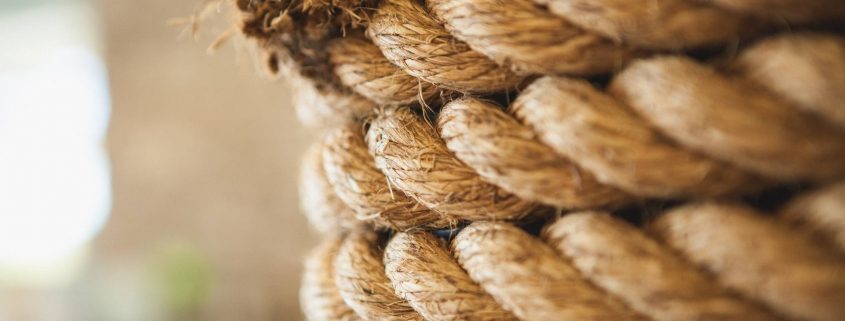Understanding Money and Control
Who is winning the struggle for control—YOU or your money?
Throughout history, money evolved from a simple way to barter for goods and services into a powerful force to be reckoned with, that defines our life choices and emotional well-being. In our culture, wealth is often measured from the outside. Advertisements, influencers, and close circles of family and friends raise us in an environment where we often hear that money buys things, and those things bring happiness.
Somewhere along the way, money moved from the role of facilitating, sharing and exchanging to complete power in and of itself.
We need to take back control of our money and keep it in its proper place.
One of my favorite books is The Soul of Money, by Lynne Twist.
Twist writes, “True wealth, or well-being, can’t be found in a static balance sheet, no matter how large the accumulation of financial assets. Wealth shows up in the action of sharing and giving, allocating and distributing, nourishing and watering the projects, people, and purpose that we believe in and care about, with the resources that flow to us and through us. But when “holdings” hold us back from using money in meaningful, life-affirming ways, then money becomes an end in itself and an obstacle to well-being.”
What is the true purpose of money?
How do we shift to regain control of moving closer to that purpose?
If you begin an intentional project to match your use of money to express who you are in the world, it can make you feel vibrant and in control. You can let your money flow toward the things you actually care about.
How to start regaining control of your money and finances:
Find the courage to look at your financial situation honestly. Track where your money goes each month—are you paying attention each time you use your debit or credit card and thinking before buying? Try the pause button before purchasing and think to yourself: Do I really need this? Do I have something like it already?
Remember the saying “Use it up, wear it out, make it do or do without.”
Be conscious about the stores you shop in and the products you buy. How are your goods made? How are your services fulfilled? Consider if they are poorly made, throwaway items or clothes that were produced using cheap overseas labor, and whether the item will add to the landfill. Do you spend money on what you care about, or because some outsider (neighbors, media, friends to name a few) said it was important? Simply raising your awareness is a great place to start this journey of taking back control of your money.
Would someone you care about (for example, a grandparent that passed away) be pleased with how you obtain and spend your money? If your young child grows up and models the same spending practices that you have, will you be pleased with their behavior? Be a role model, avoid impulse purchases, and limit purchases that deplete the Earth’s resources.
According to Twist, “Whether you are aware of it or not, you make an impact each day with your choices about how you live and how you allocate your resources. If “money talks” it is with our voice. Each financial choice you make is a powerful statement of who you are and what you care about. When you take a stand and have your money reflect that, it strengthens your sense of self.”
Most of us work hard for our money, and how it feels as we spend it can shift our feelings from anxiety to a sense of abundance.
Learn how much is enough for you, and bask in the contentment of keeping money in its proper place in your life.







